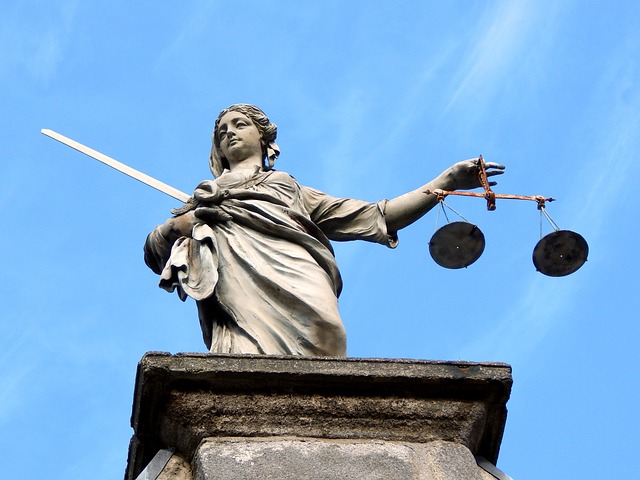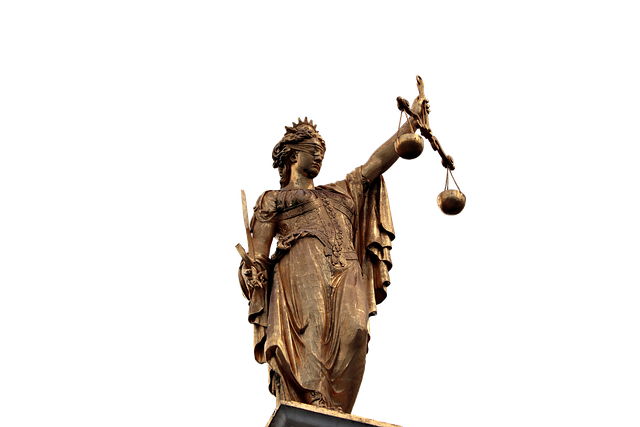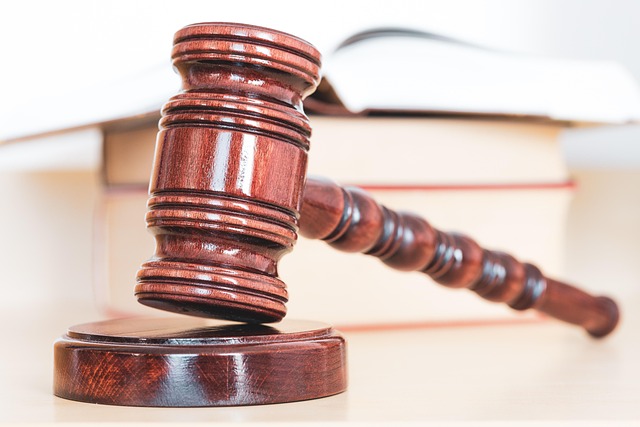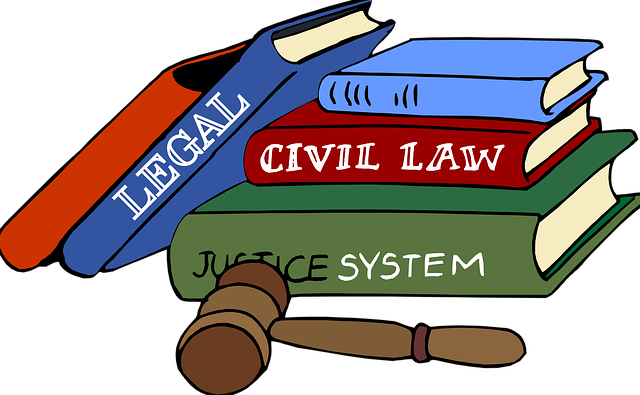Public corruption cases, marked by bribery and abuse of office, involve complex financial networks and joint property ownership conflicts. Law enforcement and skilled attorneys focus on resolving these disputes to bring perpetrators to justice. Meticulous financial forensics, mediation, arbitration, and litigation strategies are employed to distinguish legitimate assets from illicit gains. Successful resolutions, achieved through transparency and collaborative investigations, set precedents for fair governance and expose hidden corruption in political and philanthropic circles.
Public corruption charges, a serious legal issue, delve into the intricate web of illicit activities involving public officials. This article explores the multifaceted aspect of resolving joint property ownership conflicts stemming from such practices. Understanding public corruption and its legal implications is crucial, especially in navigating complex situations where official and personal assets intertwine. We’ll discuss strategies for addressing these disputes, drawing from successful case studies that highlight effective approaches to mitigating the impact of corrupt practices within shared asset holdings.
- Understanding Public Corruption Charges: Definition and Legal Implications
- Joint Property Ownership: A Complex Web of Interests
- Common Conflicts Arising from Shared Asset Holding
- Strategies for Resolving Disputes Among Co-owners
- Case Studies: Success Stories in Navigating Corrupt Practices and Property Conflicts
Understanding Public Corruption Charges: Definition and Legal Implications

Public corruption charges refer to a range of illegal activities where individuals in positions of power misuse their authority for personal gain. This includes acts such as bribery, fraud, and abuse of office, often involving public officials or government entities. When addressing these charges, understanding the specific legal implications is crucial. Public corruption cases are complex due to their nature, requiring careful investigation and prosecution strategies.
In many jurisdictions, resolving joint property ownership conflicts plays a significant role in combating public corruption. White-collar and economic crimes, including bribery and fraud, often involve intricate financial networks and hidden assets. Skilled white-collar defense attorneys help navigate these complexities, ensuring that legal proceedings are fair and just. Across the country, anti-corruption efforts have intensified, with law enforcement agencies working to unravel these cases and bring perpetrators to justice, thereby fostering transparency and accountability in public governance.
Joint Property Ownership: A Complex Web of Interests

In many public corruption cases, one intricate aspect that often arises is joint property ownership. This complex web of interests involves individuals or entities jointly holding assets, which can create significant challenges in investigations and prosecutions. Resolving Joint Property Ownership Conflicts is a critical step in ensuring justice in high-stakes cases of white collar and economic crimes. When individuals are accused of corruption, tracing the source of funds and understanding how properties were acquired becomes essential for building a robust legal case.
The process involves meticulous financial forensics to untangle the web of transactions and ownership changes. In many instances, these conflicts lead to lengthy jury trials where the prosecution must demonstrate beyond a reasonable doubt the exact nature of each person’s involvement and their individual contributions to the corrupt activities. Navigating these complexities requires a thorough understanding of property laws and financial regulations to ensure fair and transparent outcomes in the legal process.
Common Conflicts Arising from Shared Asset Holding

In cases where public officials are accused of corruption, one common challenge that arises is the shared ownership of assets. This situation often complicates legal proceedings, as it can be difficult to determine individual culpability when funds or properties are jointly held. Resolving joint property ownership conflicts is a critical aspect of ensuring justice in such scenarios. When corporate and individual clients are involved, as is often the case in political circles, untangling financial entanglements can be intricate.
The process involves careful analysis to differentiate between legitimate assets acquired before corruption allegations emerged and any ill-gotten gains. This distinction is crucial for achieving a complete dismissal of all charges or determining individual liability within philanthropic and political communities. Effective resolution requires robust legal strategies that consider the unique dynamics of public corruption, ensuring fairness while navigating complex financial networks.
Strategies for Resolving Disputes Among Co-owners

When facing disputes over joint property ownership, co-owners have several strategic options to resolve the conflict amicably before it escalates. The initial step is often mediation, where a neutral third party facilitates open communication between all parties involved. This approach encourages cooperative problem-solving and can lead to mutually agreeable solutions without the need for formal legal proceedings.
For more complex or unresolvable issues, arbitration or litigation may become necessary. These processes involve presenting evidence and arguments before a decision-maker, such as an arbitrator or judge. By navigating all stages of the investigative and enforcement process, co-owners can aim for a complete dismissal of all charges if the allegations are found to be unfounded. Alternatively, jury trials offer a more public forum, where the outcome relies on the collective judgment of selected individuals, potentially providing a swift resolution with significant consequences for proven corruption.
Case Studies: Success Stories in Navigating Corrupt Practices and Property Conflicts

In the fight against public corruption, there are notable success stories that serve as beacon of hope for navigating complex cases involving corrupt practices and property conflicts. These case studies highlight the intricate process of resolving joint property ownership disputes, often shrouded in opacity and political influence. An unprecedented track record of achieving extraordinary results has been witnessed in regions where proactive legal strategies and robust institutional frameworks have been implemented.
Focusing on transparency and accountability, these success stories demonstrate how philanthropic and political communities can work together to expose and rectify corruption. By employing innovative approaches, such as meticulous documentation, forensic accounting, and collaborative investigations, authorities have been able to uncover hidden assets and ensure the fair distribution of joint properties. This has not only restored trust in public institutions but also set a precedent for effective governance and the rule of law.
Public corruption charges can significantly complicate matters of joint property ownership, creating intricate legal landscapes that demand meticulous navigation. Understanding the definition and legal implications of public corruption is essential for identifying and mitigating potential conflicts stemming from shared asset holding. By exploring strategies for resolving disputes among co-owners and examining successful case studies, individuals and entities can better navigate these complex situations. Through proactive measures and informed decisions, it’s possible to minimize the impact of corruption and ensure fair outcomes in resolving joint property ownership conflicts.






